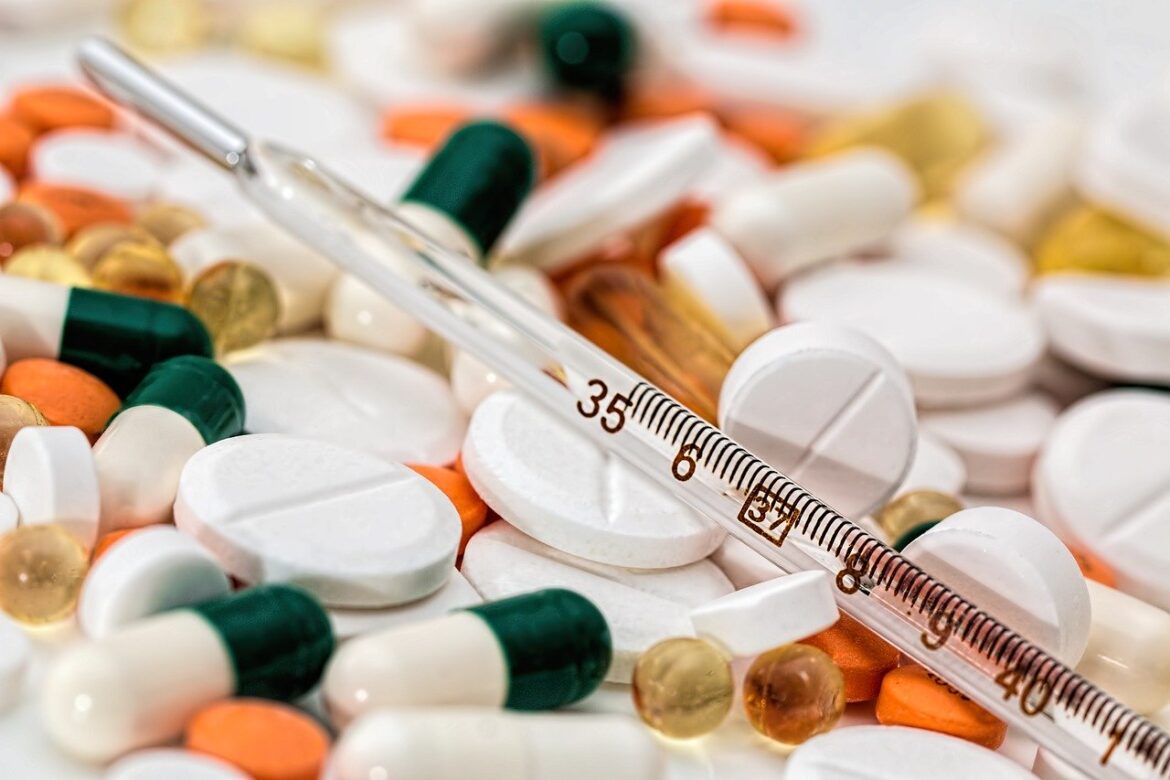A roadmap for effective treatment of COVID-19
Study outlines key immunological factors underlying COVID-19 disease progression and proposes a range of drugs that may be repurposed to treat the disease

Due to the devastating worldwide impact of COVID-19, the illness caused by the SARS-CoV-2 virus, there has been unprecedented efforts by clinicians and researchers from around the world to quickly develop safe and effective treatments and vaccines. Given that COVID-19 is a complex new disease with no existing vaccine or specific treatment, much effort is being made to investigate the repurposing of approved and available drugs, as well as those under development.
In Frontiers in Immunology, a team of researchers from the U.S. Food and Drug Administration review all of the COVID-19 clinical and research findings to date. They provide a breakdown of key immunological factors underlying the clinical stages of COVID-19 illness that could potentially be targeted by existing therapeutic drugs.
Dr. Montserrat Puig of the U.S. Food and Drug Administration, senior author of the review, stated that “there are multiple factors involved in determining if the patient’s immune response will be insufficient or successful in combating the infection. Our review is an overview of these factors and how they can be considered to define the context in which medications currently used for other diseases, or development of novel agents, can be utilized to prevent, ameliorate or cure COVID-19.”
We know that during the early stage of COVID-19 people can show no symptoms or mild symptoms, and for many the disease resolves.
For others it can be catastrophic. The illness can progress to a severe stage with manifestations including Acute Respiratory Distress Syndrome, accompanied by severe lung inflammation and damage. Patients with severe COVID-19 are often admitted to intensive care units and require life support with medical ventilation.
This review compiles and summarizes published up-to-date studies unraveling the factors leading to the cytokine storm and its consequences observed in COVID-19, including the immunological events underlying the severe manifestation of the disease.
The analysis is further supplemented with knowledge previously acquired from other coronaviruses including SARS-CoV and MERS-CoV.
The authors underscore key immunological events that might tip the balance from a protective to a hyperinflammatory response leading to life-threatening conditions. They outline a promising list of currently available drugs that are either under study or under consideration for use in COVID-19 based on their potential to influence these key immunological events.
These drugs include those that could inhibit SARS-CoV-2 entry into host cells, antivirals with the potential to block SARS-CoV-2 replication or factors that could boost the antiviral response, monoclonal antibodies targeting pro-inflammatory cytokines that drive the hyperinflammatory response and therapeutics that could improve the function of the lungs.
Puig states that “approaches to therapy in the early stage of the disease will differ from those in its severe late stage.” Adding that “as the results of clinical trials become available, it may become increasingly clear that there is likely no single magic bullet to resolve the disease but a combination of several interventions that target different key factors of COVID-19 may well be required.”
Puig cautions that “the research and data obtained from COVID-19 studies are rapidly evolving and continuously updated. Thus, as clearly stated in our review, the information provided is a ‘lessons learned’ to date and describes the knowledge available at the time of the publication of the review.”
The description of the immunological profile of the clinical stages of COVID-19 provided in this review will enable more informed decisions about the type and timing of treatments to be evaluated in clinical trials.
Puig explains that “our hope is that the information contained in our review will help professionals in COVID-19 research develop new tools and agents to better treat those at high risk of severe COVID-19.”
Press release on the roadmap for the COVID-19 treatment from Frontiers







